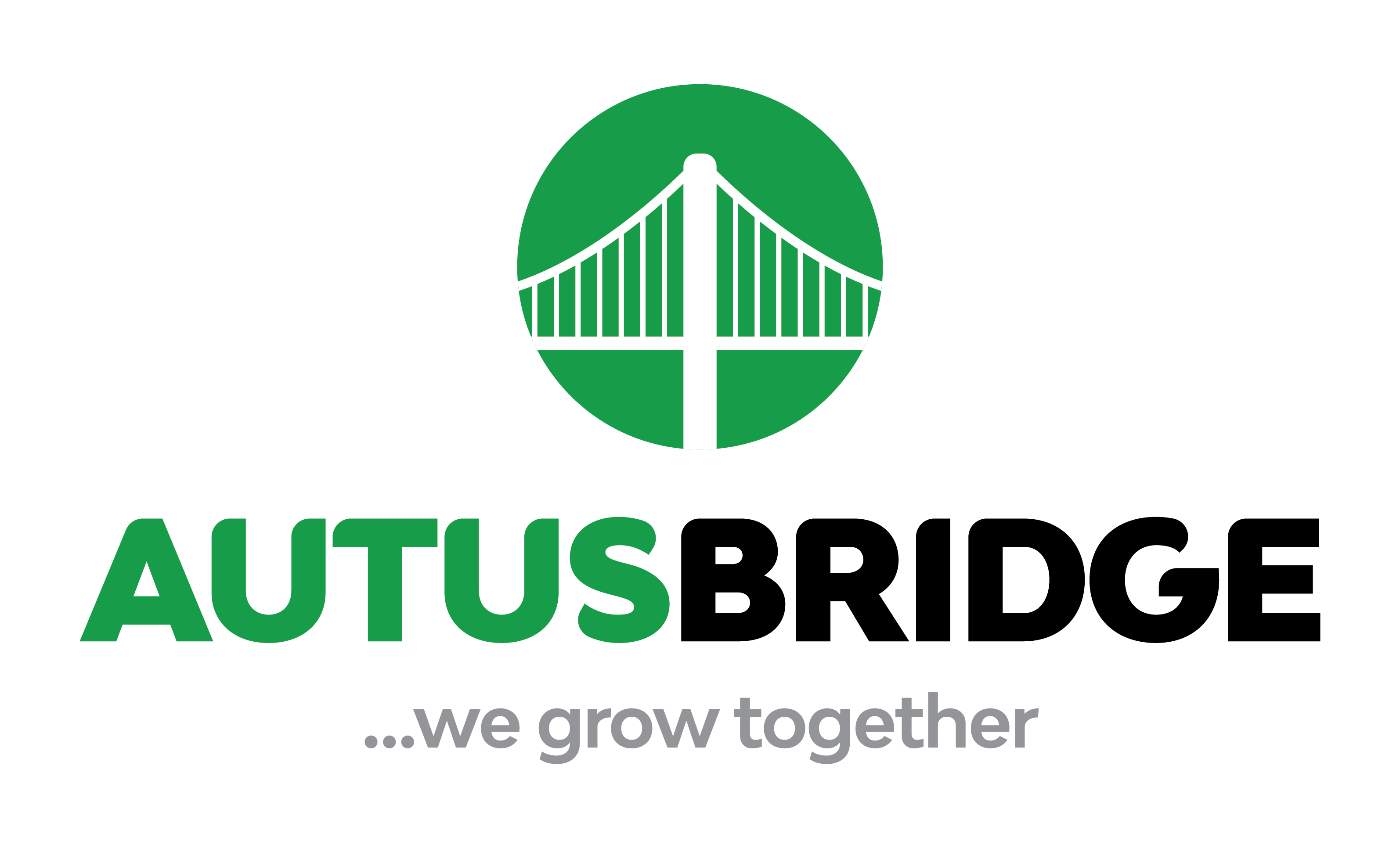Description
Sound knowledge of Financial Accounting is a major ingredient for success in every organization; be it private or public entities. There is hardly any organization in the world whether small, mid-sized, or blue-chip that does not render some level accounts of its operations from time to time; hence the need for accounting experience for all major personnel in the organization, especially at the strategic level. Every business or administrative manager should have some level of accounting that will enable them to make sound judgments and reasonable business decisions at every point in time. Decisions that do not have sound financial logic basis are no better than a gamble in the dark.
Therefore, it is imperative that business and organizational leaders without core accounting background are exposed to some basic and fundamental training in accounting so that they be abreast of what the Accountants in the organization are doing and also to be able to make meaningful contributions to financial discussions.
Learning Outcomes
At the end of this course, participants will have the ability to carry out some financial analysis that can reveal the reality behind the numbers. They will be able to interpret financial statements and policies. They will be able to effectively engage trained accountants on taking certain business decisions with a proper understanding of the effects of their decisions on the entire business. Participants will be exposed to requirements for financial reporting standards required by the law.
Course Outline
Module-1 Accounting Fundamentals
What is Accounting?
History Of Accounting
Accounting Principles and concepts
The Double Entry Principles
Accounting Equation
Module-2 Books Of Accounts, General Ledger
What are sub-ledgers/subsidiary books?
What is General Ledger?
How to keep records in the general ledger and sub-ledgers
What is a Trial Balance?
How to prepare a Trial Balance
Module 3-Cash Book and Bank Reconciliation
What is Cashbook?
How to keep a cashbook and a Petty Cash Book
How to Prepare a Bank Reconciliation Statement
Module 4-Profit or Loss Account and Adjustments
What is a Profit or Loss Account?
Components of Profit or Loss Account
How to Prepare a Profit or Loss Accounts
Adjustments to Profit Or Loss Account
Module 5-Statement Of Financial Position: Balance Sheet
What is a Statement Of Financial Position?
Components of Statement Of Financial Position
How to Prepare a Statement Of Financial Position
Adjustments to Statement Of Financial Position
Module 6-Statement Of Cash Flow
What is a Cashflow Statement?
Components of Cashflow Statement
How to Prepare a Cashflow Statement
Adjustments to Statement Of Financial Position
Module 7-Cash-Projection/Forecast
What is Cash Projection?
The components of Cash Projection
How to prepare a cash projection/forecast?
Module 8-Ratio Analysis
What is Ratio Analysis?
Different types of ratio analysis and their interpretations
Module 9-IFRS
What is IFRS?
Various IFRS Standards as it relates to the preparation Of Financial Statements
Module 10-Accounting and IT
Importance of IT in Accounting
What is an Accounting Package and an ERP Application
A Practical demonstration of Quickbooks
Module 11-Accounting and Excel
What is Excel
Basic Functions in Excel
Practical demonstration on how to build invoice template in Excel
Module 12-Introduction to Financial Management
What is Financial Management?
Financial Management Tips
Basic Financial Management calculations
Module 13-Audit and Internal Controls
What is Audit?
Basic available controls in the Finance department
Module 14-Tax
What is Tax?
Different types of Tax in Nigeria
Tax Management and Tax Administration in Nigeria
Mode Of Delivery
- Virtual Class with instructor-led class exercises and project-based/assignments learning methodology
- 12hours of learning sessions, spaced over a period of 4 days
- Course material and Course Certificate will be issued
- Course video available on demand
- Face- to- Face learning available on request






Reviews
There are no reviews yet.